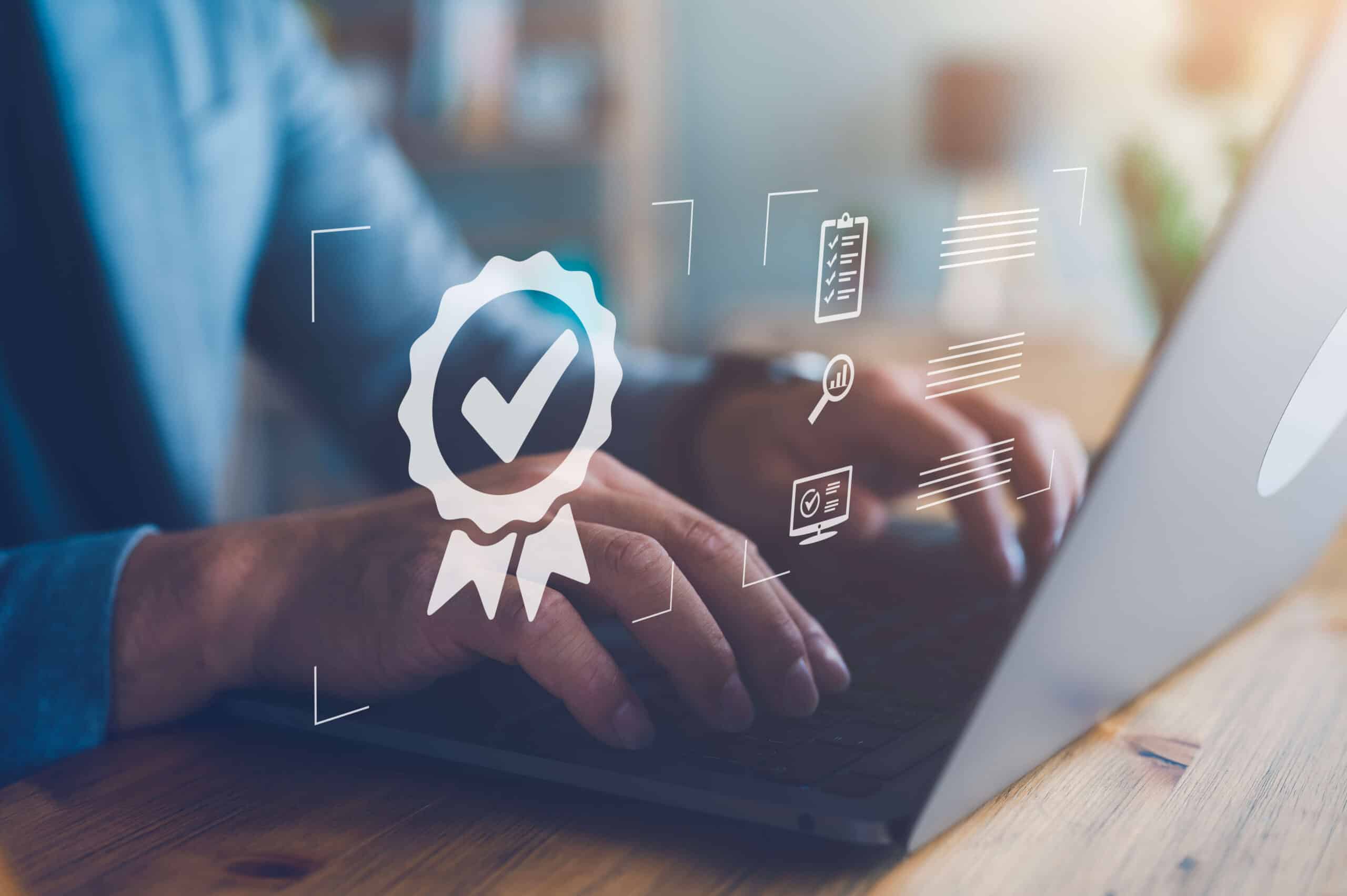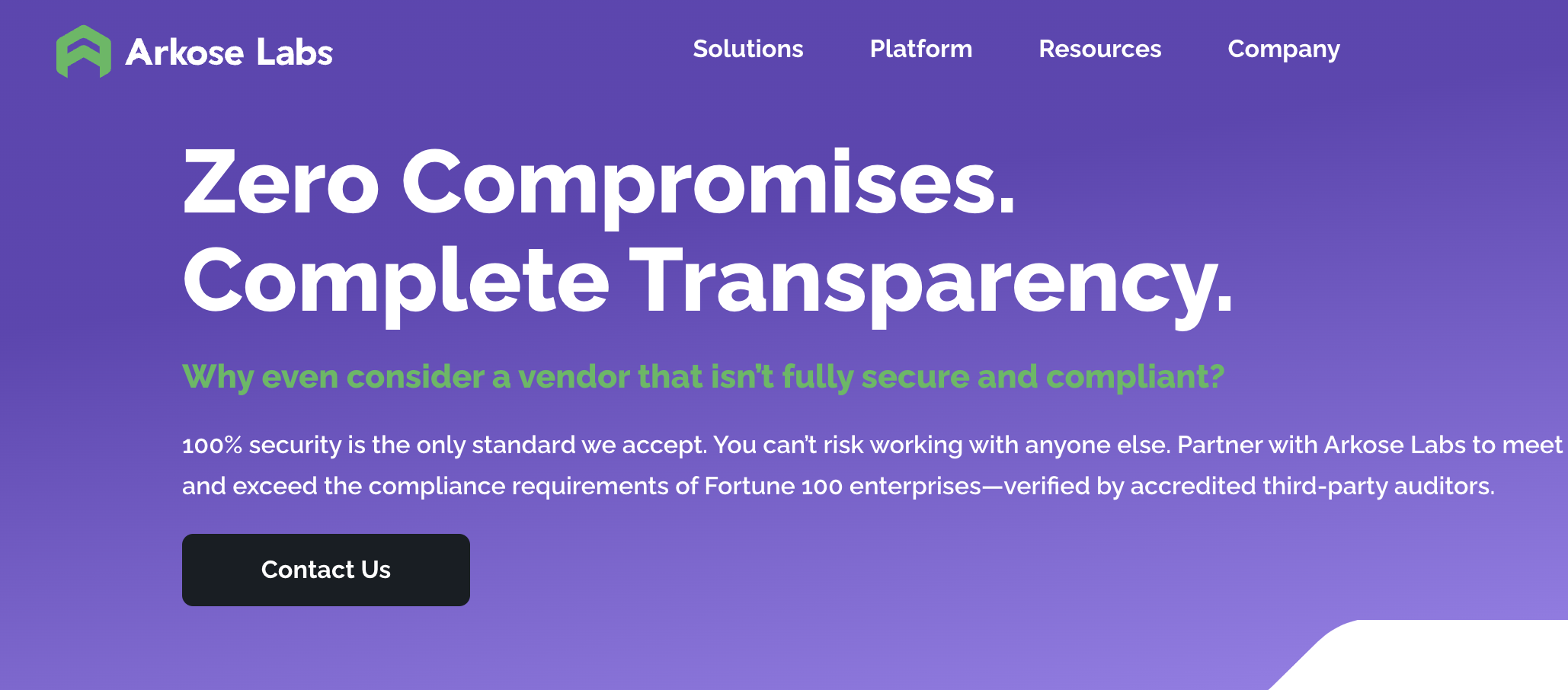For professionals in the information security and cybersecurity domains who service enterprises, compliance frameworks such as ISO 27001:2022, ISO 27701:2019, ISO 27018:2019, NIST 800-53 and SOC 2 are more than just regulatory obligations; they signal a company's maturity in handling sensitive information and act as a strong indicator of its capability to protect personally identifiable information (PII) and other sensitive data against modern cyber threats.
Compliance as a Reflection of a Robust Security Posture
For companies handling PII, financial data, intellectual property or other critical assets, security certifications and compliance frameworks serve as an objective third-party validation of a company’s cybersecurity posture. Achieving and maintaining compliance with industry standards demonstrates that a company has:
- Implemented a risk-based approach to security, addressing threats through structured controls
- Built a governance model that enforces continuous improvement in security practices
- Operationalized security across people, processes and technology, ensuring resilience against cyberattacks
From a technical perspective, these frameworks demand the implementation of advanced security controls such as:
- Encryption (AES-256, TLS 1.3 and FIPS 140-2 validated cryptographic modules) for data at rest and in transit
- Zero Trust architectures, ensuring that access control follows least privilege principles and continuous authentication
- Security Information and Event Management (SIEM) platforms, such as Splunk or Microsoft Sentinel, for real-time monitoring and anomaly detection
- Endpoint Detection and Response (EDR) solutions, leveraging AI-driven threat intelligence to prevent and remediate attacks
Why Information Security Compliance Matters to Customers
For companies providing SaaS, cloud services, financial platforms or any product that processes PII, customers are no longer satisfied with mere claims of security; they require tangible proof. Compliance serves as an independent verification that a company:
- Has the necessary controls in place to meet stringent security and privacy standards
- Can effectively detect, respond to and mitigate cyber threats impacting sensitive data
- Operates with a security-first culture, integrating information security into core business operations
For example, ISO 27001:2022 is not just about securing infrastructure; it extends to supply chain risk management, ensuring that vendors and third-party partners also uphold strong security postures. Similarly, ISO 27701:2019 aligns with global data privacy regulations like the General Data Protection Regulation (GDPR) and the California Consumer Privacy Act (CCPA), reinforcing a company’s commitment to privacy-by-design principles.
Technical Controls That Underpin Compliance
To pass rigorous compliance audits, companies must implement strong security architectures that include:
- Identity & Access Management (IAM): Enforcing role-based access control (RBAC), multi-factor authentication (MFA) and Just-In-Time (JIT) privilege escalation to reduce attack surface
- Data Loss Prevention (DLP): Monitoring and restricting unauthorized access or transmission of sensitive PII
- Threat Intelligence & Incident Response: Leveraging MITRE ATT&CK frameworks to map adversary behaviors and proactively mitigate threats
- Cloud Security Posture Management (CSPM): Automating security misconfiguration detection in AWS, Azure and GCP environments
When properly implemented, these controls not only achieve compliance but also enhance the overall security maturity of a company.
Beyond Compliance: Continuous Improvement and Proactive Security
While achieving compliance is an important milestone, it’s by no means a guarantee of security. Cybersecurity is a continuous process—threat landscapes evolve, attack vectors change and adversaries adapt. Companies must go beyond static compliance frameworks and adopt a proactive security mindset by:
- Conducting continuous risk assessments and threat modeling, ensuring security controls evolve with emerging threats
- Implementing DevSecOps practices, embedding security within CI/CD pipelines to address vulnerabilities before they reach production
- Leveraging AI and machine learning for adaptive security, enabling real-time threat detection and automated response mechanisms
Conclusion: Compliance as a Competitive Advantage
For security leaders, achieving compliance is not just about checking regulatory boxes, it’s about establishing a security-first culture that ensures customers can trust a third-party vendor with their most sensitive data.
At Arkose Labs, our commitment to ISO 27001:2022, ISO 27701:2019 and ISO 27018:2019 is a testament to our dedication to data security, privacy and regulatory compliance. Through rigorous adherence to these frameworks and continuous innovation in cybersecurity, we provide customers—who are the world’s biggest enterprises and often the most highly regulated—with confidence in our ability to protect their data, prevent cyber threats, and uphold the highest standards of security resilience.
In an age where trust is currency, companies that prioritize compliance not only reduce risk exposure but also differentiate themselves in the marketplace as trusted, security-conscious partners. For cybersecurity professionals, the message is clear: Compliance is not just about meeting expectations; it is about exceeding them to build a safer, more resilient digital world.
Curious about how we do this? Let’s talk.


